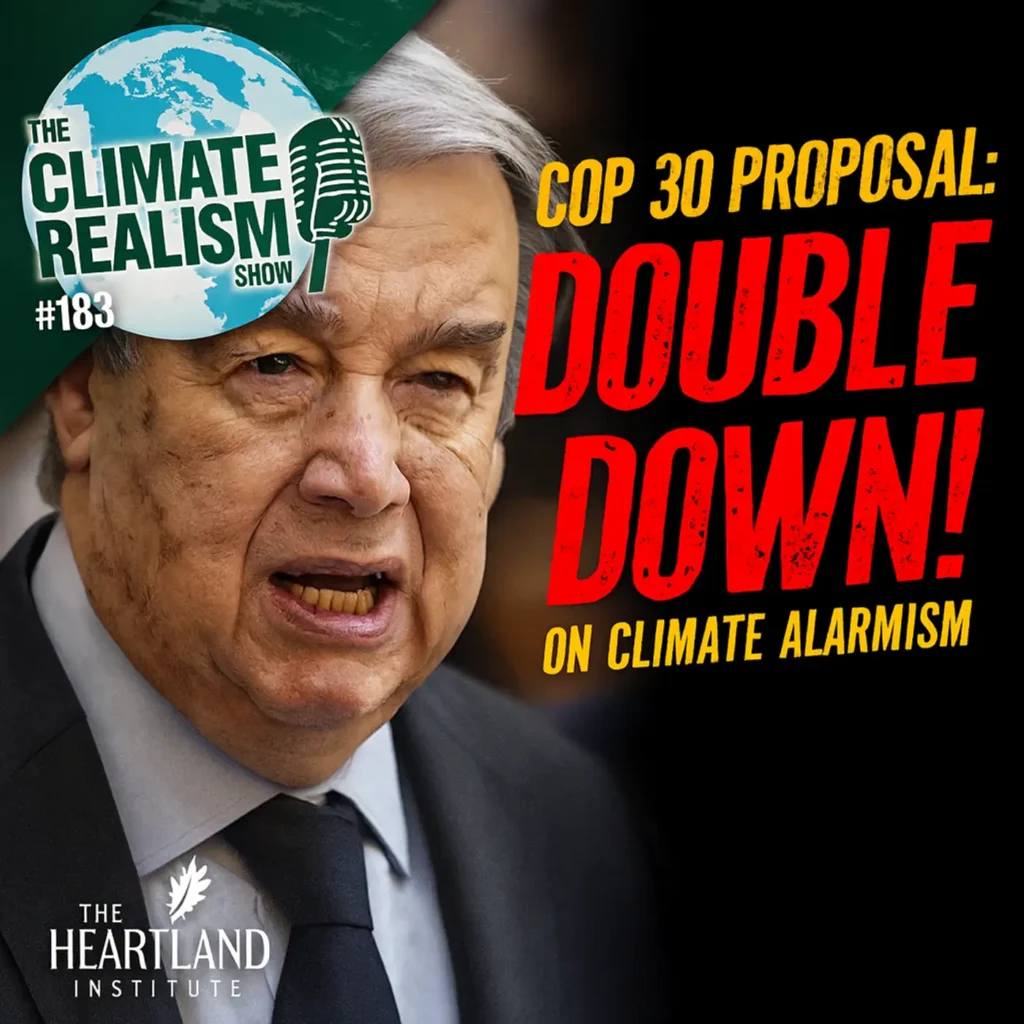The state of Washington’s latest attempt to pass a carbon dioxide tax has failed, with its sponsors withdrawing the bill from consideration.
Senate Bill 6023 would have imposed a tax of $12 per metric ton of carbon emissions on the sale or use of fossil fuels such as gasoline and natural gas beginning in 2019. Under the bill, in 2021 the carbon tax would have started increasing by $1.80 per ton annually until it reached $30.00 per metric ton.
A legislative analysis indicated the tax would increase gasoline prices in the state by 10 cents per gallon by 2020.
Setback for Inslee
The Senate’s decision against the bill was a new setback for Washington Gov. Jay Inslee, who has pushed for a carbon dioxide tax since becoming governor in 2013.
Although some other states have imposed cap-and-trade schemes on their economies, raising the price of fossil fuels in an effort to reduce carbon dioxide emissions, SB 6023 would have made Washington the first to impose a direct tax on fossil fuels based on the amount of greenhouse gases they emit. Inslee has said a carbon dioxide tax would be less complicated to administer than the cap-and-trade approach adopted in California and several Northeastern states.
Prior Efforts Failed
Previous efforts to impose a carbon tax in Washington stalled for a variety of reasons. When Republicans controlled the legislature, they refused to take up the Democrat Inslee’s proposals for a carbon dioxide tax.
Inslee attempted to impose a carbon dioxide tax administratively in 2017, directing the state’s Department of Ecology (DOE) to enact a Clean Air Rule requiring large industrial carbon dioxide emitters to pay a fee for their emissions. Affected industries challenged the rule in court and won when Thurston County Superior Court Judge James Dixon struck down the rule on December 15, 2017. Dixon ruled DOE lacked authority to impose the fee without legislative approval.
In addition, Washington voters rejected a ballot measure to impose a carbon tax in 2016.
Party Takeover Changes Nothing
Even with Inslee’s fellow Democrats taking control of the legislature in November 2017, giving the party control of both the House and Senate for the first time since Inslee became governor, proponents were unable to gain enough support for the tax.
In a last-minute attempt to garner enough votes for passage, the bill’s sponsors reduced the proposed tax from $20 per metric ton of carbon dioxide emitted, as Inslee had called for, to $12.00 per metric ton, but the effort still fell short.
Todd Myers, environmental director at the Washington Policy Center, says the fact the carbon tax failed to proceed to a vote this year is particularly striking.
“Gov. Inslee has proposed some kind of carbon tax almost every year of his administration, and none of them have even received a vote in any legislative chamber,” Myers said. “Notable about the failure this legislative session is that Democrats control both legislative chambers and the governor’s mansion.”
Goal of ‘Expanding Government’
Myers says Washington state politicians’ efforts to impose a carbon tax are not primarily about protecting the environment. Instead, he says, the proposed tax is about increasing the power of government and environmental special interests to control the state’s economy.
“After opposing Washington’s revenue-neutral carbon tax two years ago, it is clear expanding government is more important to the environmental community than climate change, which they claim is an ‘existential threat’ to the planet,” said Myers. “The priority is not with reducing environmental impacts but on growing government by creating new programs to direct Washington’s economy.
“Ironically, with funding from out-of-state billionaires, the environmental community is now proposing a carbon tax with a price tag even more expensive than the proposal that failed in February, one which would raise gas prices 15 cents per gallon, increasing by an additional two cents per gallon every year, plus inflation,” Myers said. “Although the groups pushing the tax claim it and the revenue it would raise are intended to reduce carbon dioxide emissions, the spending is governed by an ‘Environmental and Economic Justice Panel’ that requires money be spent for a range of special-interest projects not limited to climate mitigation.”
H. Sterling Burnett, Ph.D. ([email protected]) is a research fellow at The Heartland Institute.



